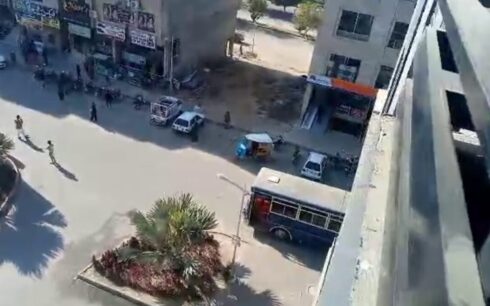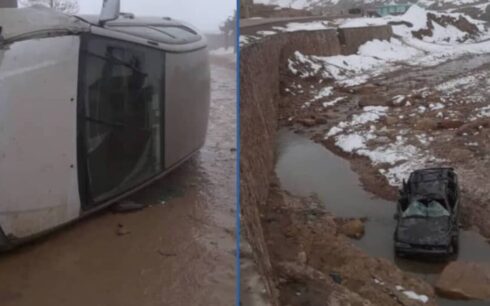The humanitarian situation in Afghanistan continues to be bleak, with women and girls bearing the brunt of ongoing challenges, according to a new report from the International Federation of Red Cross (IFRC).
The report highlights the compounded effects of natural disasters, climate change, economic hardship, and inadequate healthcare, all of which are exacerbating the crisis.
“Key drivers of humanitarian needs during 2023 and 2024 include recurring natural disasters, the compounding effects of climate change, population displacement, economic hardships, gaps in healthcare services, and threats to protection, particularly impacting the well-being of women and girls,” the IFRC report stated.
Afghanistan’s economic crisis has deeply affected the population, with more than half of households experiencing severe financial shocks. The IFRC noted that high unemployment rates and inflation in essential commodities have led to escalating household debt, undermining coping mechanisms and hindering the fragile economy’s ability to withstand further shocks.
The report also condemned the Taliban’s ban on Afghan women working with NGOs, which has severely curtailed their access to education and employment opportunities. “Pragmatic approaches ensuring women’s inclusion must be pursued. Restrictive policies hamper women’s access to services and assistance, negatively affecting international engagement and donor contributions,” the report warned.
It has been 1,056 days since the Taliban banned girls from attending school, and over 500 days since they were barred from universities. These restrictions have led to increased psychological stress among Afghan women and girls, who have seen their basic rights eroded over the past three years.
“We are sitting at home with an uncertain future. The United Nations should consider our future as well, so we can live our lives comfortably,” said Deeba, a student affected by the bans.
“Pressure should be applied on the Taliban regime because the lives of Afghan girls are being destroyed, and their hope is fading away,” added Meetra, another student.
The situation is particularly dire for women in rural areas, where access to medical facilities is severely limited. “Our health problems are not being addressed. If we fall ill at night, there is no clinic,” said Shima, a resident of Badghis province.
Further compounding these issues, the Taliban has also prevented female medical students from taking their exit exams, effectively blocking their entry into the medical profession and exacerbating the healthcare crisis in the country.
The IFRC’s report underscores the urgent need for international attention and intervention to address the ongoing humanitarian crisis in Afghanistan, particularly the plight of women and girls who continue to suffer under the Taliban’s restrictive policies.





